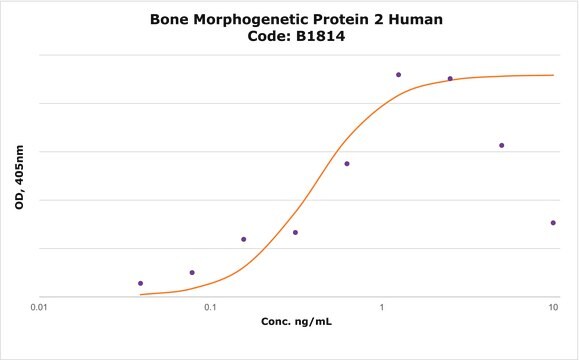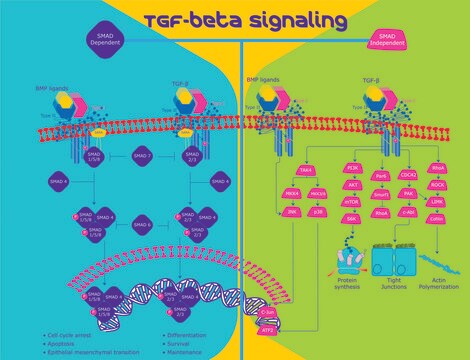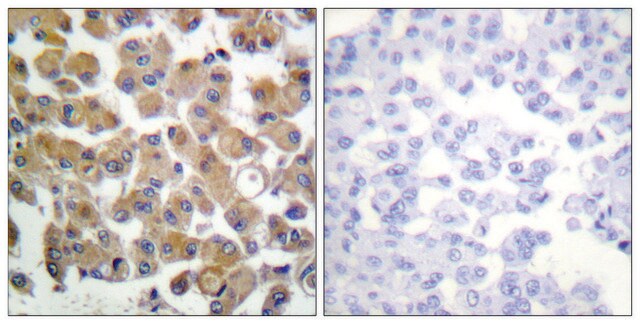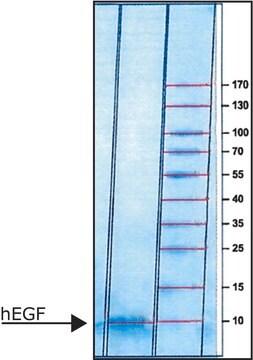B2805
BMP6, human
>95% (SDS-PAGE), recombinant, expressed in NSO cells, lyophilized powder, suitable for cell culture
Synonym(s):
BMP-6
About This Item
Recommended Products
Product Name
Bone Morphogenetic Protein 6 human, >95% (SDS-PAGE), recombinant, expressed in NSO cells, lyophilized powder, suitable for cell culture
biological source
human
Quality Level
recombinant
expressed in NSO cells
Assay
>95% (SDS-PAGE)
form
lyophilized powder
potency
0.05-0.15 μg/mL ED50
mol wt
30–38 kDa
packaging
pkg of 20 μg
storage condition
avoid repeated freeze/thaw cycles (Do not store in a frost-free freezer.)
technique(s)
cell culture | mammalian: suitable
impurities
endotoxin, tested
UniProt accession no.
storage temp.
−20°C
Gene Information
human ... BMP6(654)
Biochem/physiol Actions
Physical form
Analysis Note
Storage Class Code
11 - Combustible Solids
WGK
WGK 3
Flash Point(F)
Not applicable
Flash Point(C)
Not applicable
Choose from one of the most recent versions:
Already Own This Product?
Find documentation for the products that you have recently purchased in the Document Library.
Our team of scientists has experience in all areas of research including Life Science, Material Science, Chemical Synthesis, Chromatography, Analytical and many others.
Contact Technical Service



